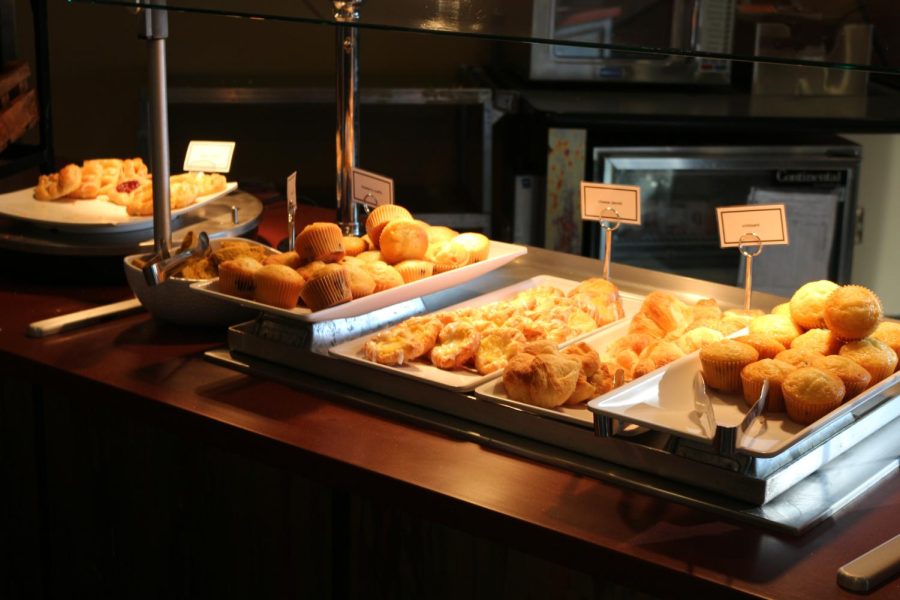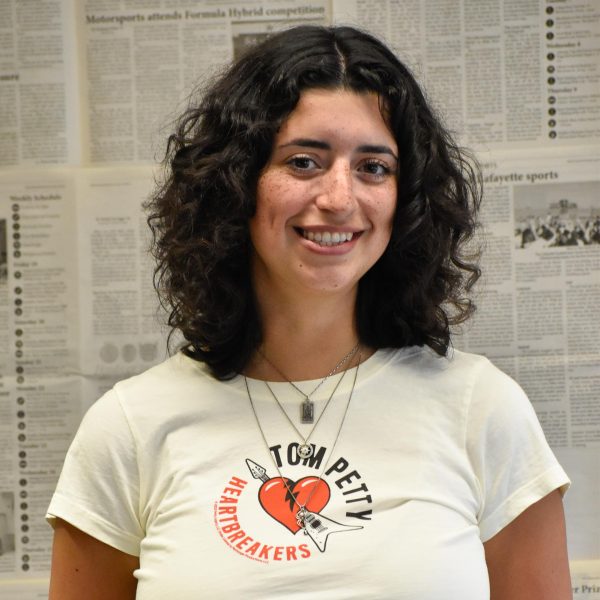Lafayette Dining Services has historically donated food and meals to local aid organizations. However, due to a recent lack of partnerships with student-run organizations, these donations have been limited. Now, the donation process relies heavily on student volunteers – and there are not many of those either.
In the past, Lafayette’s Food Recovery Network (FRN) chapter organized the donation of food from Lafayette’s dining halls to Safe Harbor Easton, a transitional shelter for unhoused people. FRN is a nationwide organization that works with over 180 colleges and universities to donate excess food from their respective campus dining halls. Lafayette’s FRN chapter was founded in 2017, with its primary recovery locations having been in Lower Farinon and Gilbert’s Cafe.
According to Remy Oktay ‘24, the previous president of Lafayette’s FRN chapter, the group would be contacted by Dining Services when there was food to be donated. Students would then use their own cars to transport the food to Safe Harbor, which is located at the bottom of College Hill on Bushkill Drive, less than a five-minute drive from campus.
According to the FRN website, Lafayette’s FRN chapter has donated 4,660.5 pounds of food. However, there hasn’t been a single pound of donated food since spring 2020.
Because of “food safety standards on top of COVID concerns, [the chapter] never picked back up with anything after leaving campus in March 2020,” Amanda Crocker ‘23, the previous secretary of the chapter, wrote in an email.
Oktay added that the students who had cars and worked with the group had graduated, so they weren’t able to rebuild the club.
Without the help of student volunteers to transport food from the dining halls, Dining Services became much more limited in its ability to donate to local organizations, including Safe Harbor.
“It is challenging,” general manager of Bon Appétit Christopher Brown wrote in an email. “Dining has taken food donations to Safe Harbor … although not as consistently as when a student group like the Food Recovery Network is operating.”
“Dining would be happy to partner with any student group,” Brown added.
Dining Services is currently working with Lafayette’s Landis Center for Community Engagement. There is an ongoing donation program from Nov. 13 to 19 in which students can donate their Pard Dollars to Safe Harbor when swiping into any of Lafayette’s dining halls. These Pard Dollars will be used to purchase physical food to donate to Safe Harbor, according to Brown.
Despite the current hiatus of Lafayette’s FRN chapter, there is still a possibility for it to become active again.
“We’ve talked about a new system for [donating] and making the club open to people who don’t have cars,” Oktay said. He said that there has been discussion about obtaining an electric cart to “make the club more accessible to people who want to engage in food recovery.”
Oktay encouraged students interested in food recovery to reach out to him. His email is oktayr@lafayette.edu.
























































































































